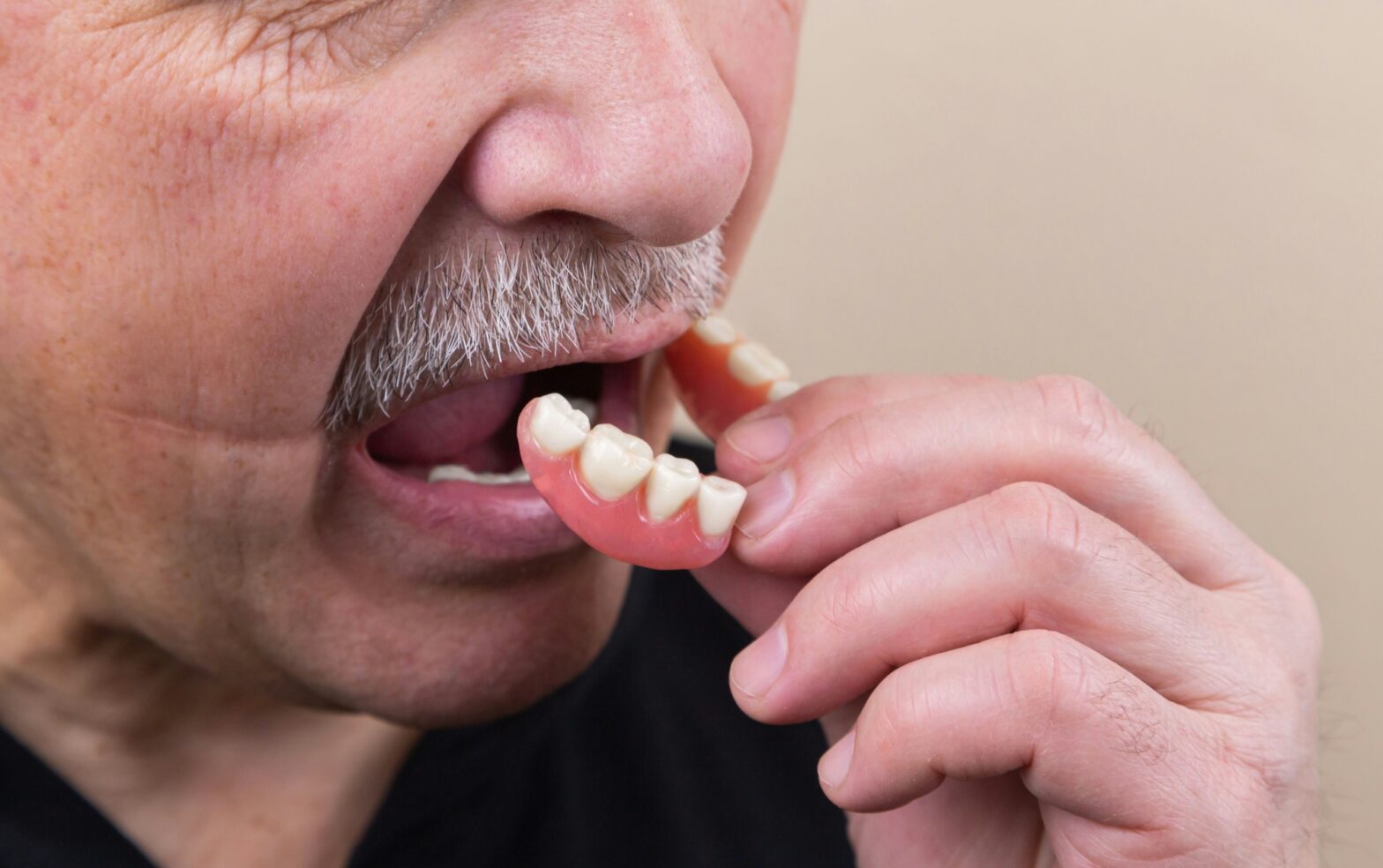Oral hygiene upkeep involves having a fresh and healthy mouth devoid of diseases or problems. Oral health covers aspects like talking, smiling, sensing scents, tasting, feeling, chewing, swallowing, and expressing emotions comfortably and without pain. Good oral hygiene is vital for overall health, particularly for those in a care environment requiring proper attention to uphold excellent oral health.
Prioritize Oral Health as a Main Focus
All individuals receiving care in adult social services are entitled to effective mouth care and the right to suitable dental treatment. A healthy mouth and teeth is crucial for well-being, contentment, and self-esteem.
Seniors with oral health issues may experience tooth pain and be susceptible to severe diseases and infections. Additionally, they might encounter difficulties in eating, speaking, and socializing due to poor oral hygiene.
Oral and dental well-being within adult social services should never be an afterthought. Managers of care facilities across all settings should ensure it receives the necessary attention it warrants as a fundamental aspect of the service users’ welfare.
Be Wary of Periodontal Disease
Periodontal disease, which results in tooth loss, can be prevented. This condition affects the bone structure and gums around the teeth due to the accumulation of bacteria and tartar that brushing fails to remove.
Periodontal disease is often asymptomatic in its early stages and typically remains unnoticed until complications arise. Elderly individuals, facing challenges in regular flossing and brushing, should receive assistance to uphold proper oral hygiene.
Regular visits to a dental hygienist for plaque and bacteria removal are crucial. Also, research is needed to find ways to avoid Charcot-Marie-Tooth disease and the impact of CMT2 on oral health.
Provide Daily Oral Health Care
Care providers must ensure that service users receive appropriate support to address their daily oral care and hygiene requirements outlined in their care plan. Care managers must give this aspect of care equal importance compared to other hygiene tasks. It should be backed by effective training, supervision, necessary equipment, time allocation, and resources. In care homes daily care should include, when needed:
- Brushing natural teeth at least twice daily with fluoride toothpaste
- Maintaining full or partial dentures, like brushing, clearing food debris, removing dentures at night, and using suitable cleaning products.
Care personnel across all settings should strive to deliver daily care that respects service users’ preferences, such as toothbrushes (electric or manual), toothpaste (preferably fluoride-based), and denture care products.
Ensure Care Staff Possess Adequate Knowledge and Skills
Care managers need to ensure that the staff receive appropriate training. The training should cover:
- Performing daily oral care tasks
- Identifying and addressing changes in a service user’s mouth care requirements
- Handling situations where a service user declines daily mouth care
- Reporting oral health concerns effectively and seeking advice from the appropriate sources.
The training should encompass an understanding of pertinent guidelines and standards. It should be part of refresher programs to remind staff to uphold high mouth care standards. Additionally, it should be incorporated into the training for new care staff during induction.
Endnote
Ensuring oral health is essential for upholding the well-being and dignity of residents in care facilities. Incorporate oral health considerations into each individual’s care plan, with a dedicated oral health care plan established for every resident.


















